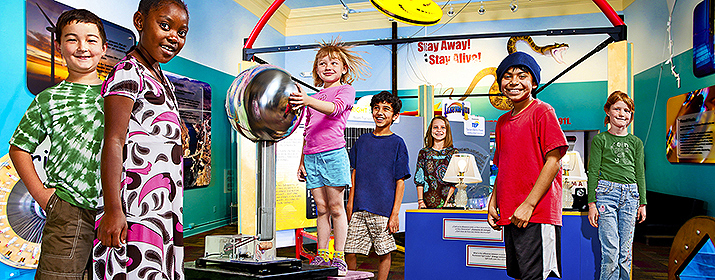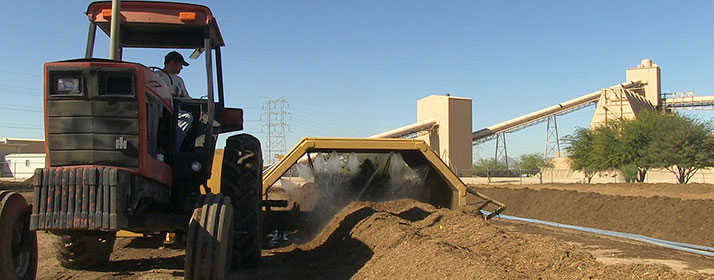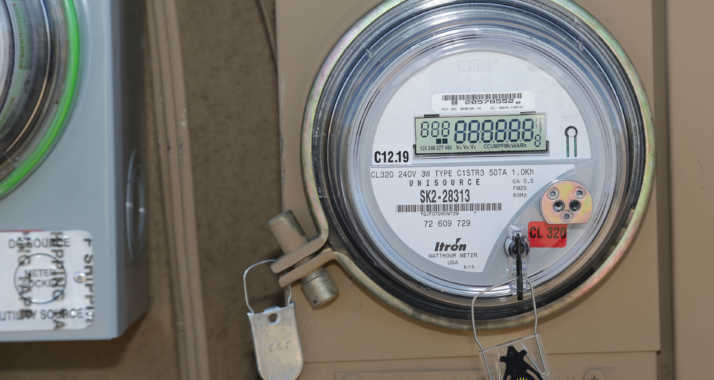

Who better to teach schoolchildren about keeping safe around electricity and ways to use energy more efficiently than the power company?
Tucson Electric Power educates students – and teachers – through a variety of programs and exhibits, and through employees who volunteer at science fairs and with educational organizations.
“It’s important for our young people to understand electricity and how to stay safe,” said Betsy Bolding, TEP’s Manager of Consumer Affairs.
TEP sponsors the Electri-City exhibit at Children’s Museum Tucson. Students in pre-kindergarten through third grade learn through hands-on activities, with lessons about electrical safety, energy conservation and the benefits of solar and renewable energy.
For fourth graders, TEP provides The Insulation Station, which focuses on energy efficiency and meets state math and science standards.
Hands-on safety instruction for fourth and fifth-grade students comes from a presentation featuring a mini “village,” demonstrating various safety hazards and how to avoid them. TEP takes these presentations into schools and safety fairs.
The Bright Student program for middle-school students focuses on energy efficiency and stewardship. It reached more than 6,700 students in TEP’s service area during the 2013-14 school year.
The Bright Student program features the Energy Bike, with students pedaling to experience first-hand how much work is required to light up incandescent, CFL and LED light bulbs.
“When the kids get tired riding the bike, they have a sense of what energy is and how much less energy it takes to power the more efficient light bulbs,” Bolding said.
Following the classroom presentation, each student receives a kit with at-home energy savers such as CFLs and a low-flow showerhead, along with instructions.
TEP offers an energy-savings patrol program that can work for any age group. Students “patrol” their schools to make sure lights are turned off and remind teachers and their classmates to be cognizant of saving energy.
TEP also provides resources and online tools for teachers to use on their own in their classrooms.
One popular online tool is the virtual power plant, which demonstrates how a power plant works. “The virtual tour has schematics that show what goes on inside the plant,” Bolding said.
In addition, TEP educates the community through employee volunteerism and partnerships with community organizations. Volunteers – such as those who serve as judges during science fairs – are invaluable to the success of the fairs.
Equally important are employees who participate on their own time to speak to their children’s classes.
Said Bolding: “We couldn’t make as large of an impact without our employee volunteers.”






